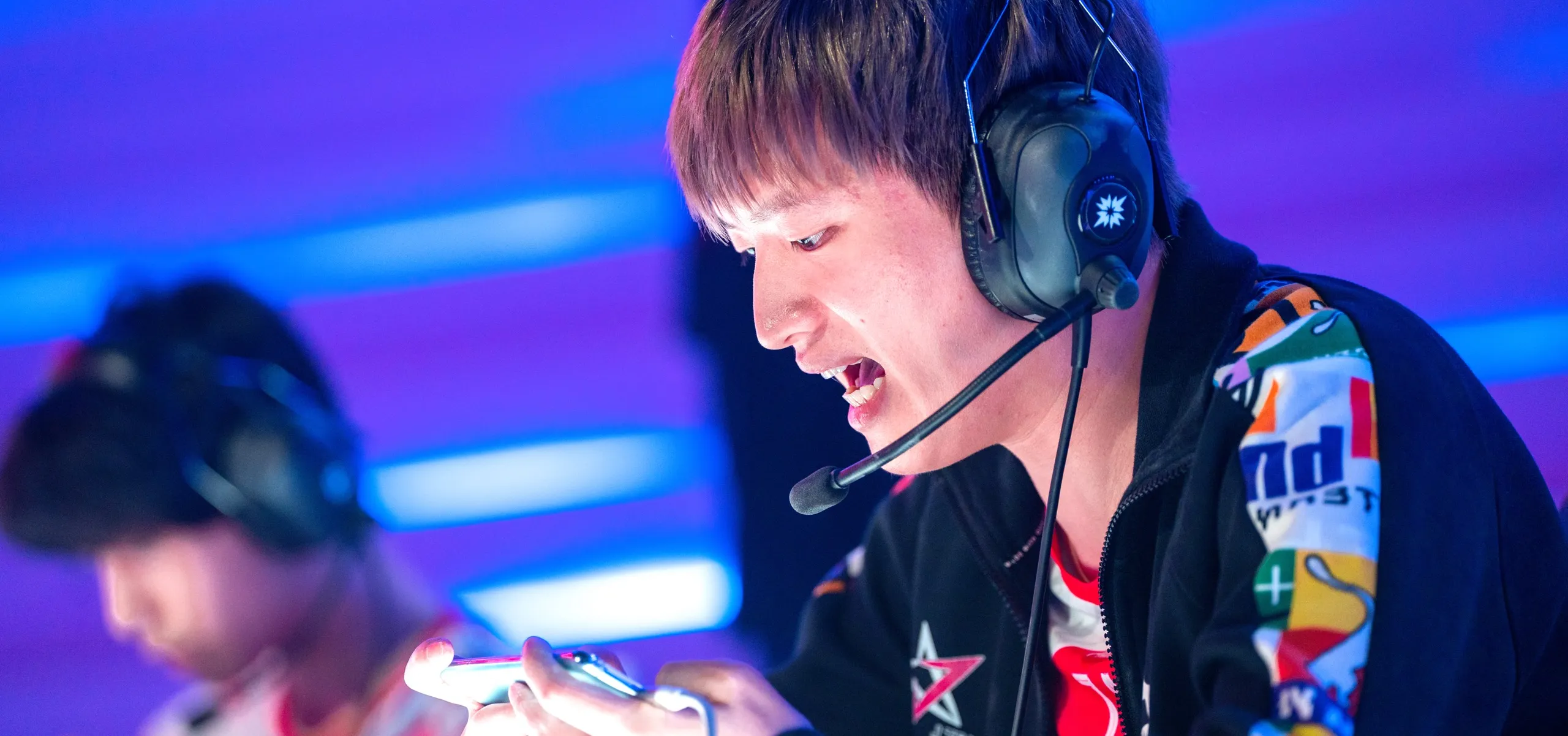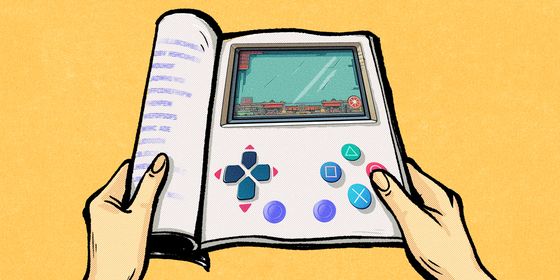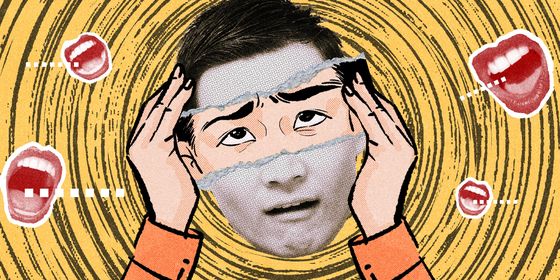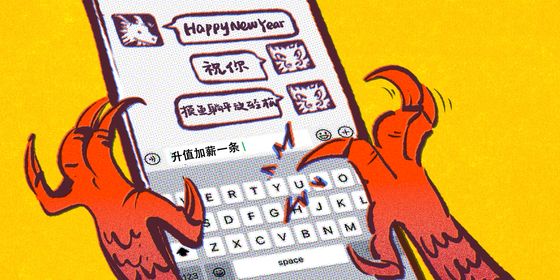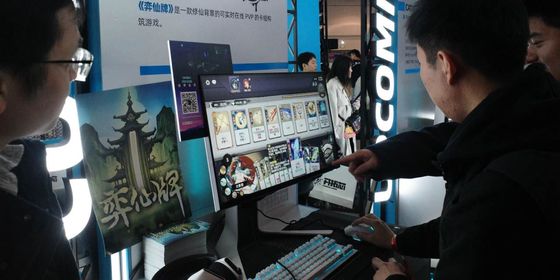How gamer slang has pervaded the speech of China’s Gen Z
“Hey friend! Want to go grab some chicken dinner tonight? Don’t feed me any poison milk, though, or we’re totally barbecued.”
If you were confused by the sentence above, you may be sadly behind the times. As esports (electronic sports), or competition based on video games, evolves from no longer a niche subculture to a billion-yuan industry in China, it has attracted a diverse group of people—gaming addicts, professional esports players, commentators, live streamers, tech giants, and investors—who’ve begun using slang terms derived from video games and gamer culture in a variety of situations on the internet, and even in real life.
Formerly used only by gamers while playing video games, “gaming lingo (游戏黑话),” has pervaded the speech of China’s Gen Z, much to the confusion of their parents and older siblings. Whether it’s complaining about a failed exam or expressing frustration with slacking teammates, you might find today’s online conversation much easier to understand after getting familiar with some popular slang terms derived from gaming.
Facing the consistent uncertainty of the ongoing pandemic, for example, people might exclaim, “Now my home has entered into ‘the last anti-pandemic circle (我的社区已进入了抗疫决赛圈 Wǒ de shèqū yǐ jìnrùle kàngyì juésàiquān),’” as community after community gets locked down around them. 决赛圈 (juésàiquān), or final circle, is a term derived from PUBG: Battlegrounds (《绝地求生》). In this battle royale game, previously known as PlayerUnknown’s Battlegrounds, players parachute onto an island and kill other players, aiming to be the last person standing. The playing area decreases in size over time, and the “last circle” is the final remaining safe space for players.
Also in PUBG: Battlegrounds, the slogan “Winner Winner, Chicken Dinner” will appear whenever a player emerges victorious. It was later translated into Chinese as 大吉大利,今晚吃鸡 (Dàjí dàlì, jīnwǎn chījī), literally meaning “Good luck and eat chicken tonight.” People found the catchy catchphrase easy to remember, and subsequently referred to playing the game as “eating chicken (吃鸡 chījī).” “Shall we eat chicken tonight (今晚一起吃鸡吗 Jīnwǎn yìqǐ chījī ma)?” became the way to invite friends to a gaming session, and the slogan was later widely adopted by KFC and other restaurants to sell their chicken.
Milk (奶 nǎi) in esports refers to the action of healing or extending a character’s “health bar (血条 xuètiáo).” In role-play games, the character of the healer, often called a priest (牧师 mùshī) in Chinese, is responsible for healing others. This action looks like a wet nurse feeding an infant milk, so the healer is often nicknamed “wet nurse (奶妈 nǎimā).” Players often shout out: “Wet nurse, hurry up, feed me milk (奶妈,快点奶我一口 Nǎimā, kuàidiǎn nǎi wǒ yì kǒu)!” when they wish to be healed.
Derived from the term, “poisoned milk (毒奶 dúnǎi)” means the act of killing one’s teammates. Netizens later used it to mean that which appears to be good, but is actually a bad omen, or “一语成谶 (yìyǔ chéngchèn)” in Chinese. Faced with any sort of high praise or high expectation, netizens might say, “Stop feeding me poisoned milk (别再毒奶我了 Bié zài dúnǎi wǒ le),” indicating they want others to stop “jinxing” them.
Similarly, 白给 (báigěi, give for free) refers to a player dying without contributing to the team. It came from a gaming livestreamer called Qiezi, who, while playing Counter-Strike: Global Offensive, bought his character a good gun and died immediately, leaving his weapon picked up by others. People later coined 白给, an abbreviation of 把枪白给别人 (Bǎ qiāng báigěi biérén, Give the gun to others for nothing), to mean an effort made in vain, similar to the term “free kill (送人头 sòng réntóu),” implying you’ve basically gave a freebie to your opponent’s body count.
When playing as part of a team, one often has to deal with teammates who don’t pull their weight, nicknamed “Old Six (老六 Lǎo Liù).” As roleplaying games are typically played with five-member teams, this is meant to imply that one team member is so terrible they might as well as well be the sixth member of the opposing team. Worse than a lazy teammate is one whose incompetence actually endangers the team—these hapless souls are referred to as “pig teammates (猪队友 zhūduìyǒu).” Outside of gaming, the catchphrase “Well well, Old Six (服了你这个老六 Fúle nǐ zhège Lǎo Liù)” has been widely adopted by netizens to express their frustration in the face of colleagues or other teammates who are adept at pretending to work hard without contributing anything, or who actually make things worse.
Apart from the game itself, the players and commentators are also rich sources of new slang. On short-video platform Douyin (China’s version of TikTok), gaming influencer Wulai-Dianyin Chiji (无赖-电音吃鸡) went viral for his catchphrase, “It’s over, my family. We are barbecued. (完了完了,家人们,芭比Q了。Wánle, wánle, jiārénmen, bābǐ Q le.)” The term 芭比Q (bābǐ Q) was later widely used to mean “finished” or ”screwed.” For example, you might say after sitting a disastrous test, “My exam is barbecued (我考试芭比Q了 Wǒ kǎoshì bābǐ Q le).”
Largely dependent upon luck and teamwork, esports has spawned many terms to bemoan one’s ill fortune and bad team members. Yet despite all the poisoned milk they must stomach, gamers keep coming back for the promise of a chicken dinner, just as long as it isn’t barbecued.





